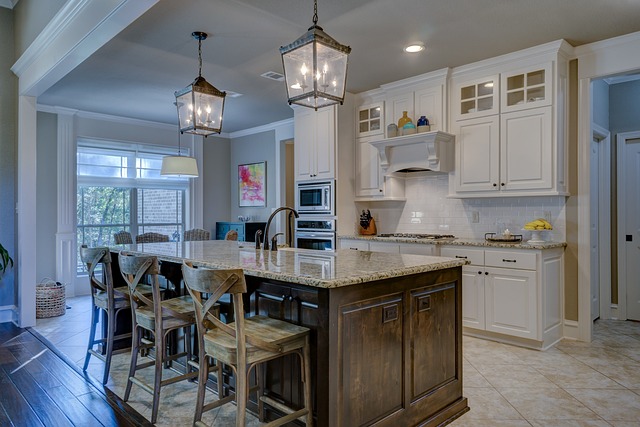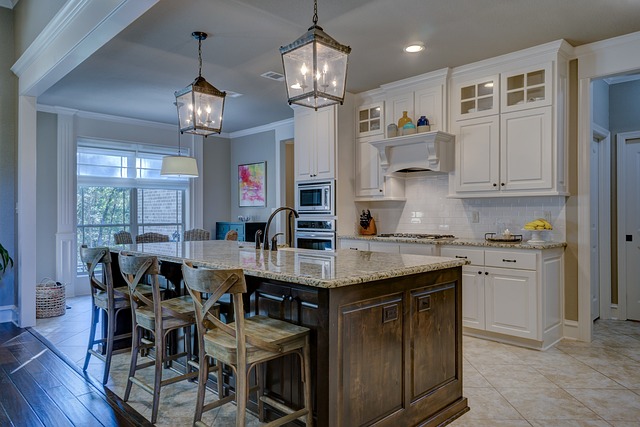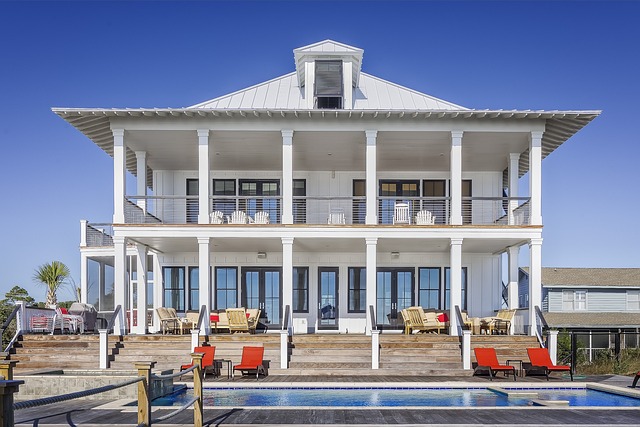When considering the purchase of an Executive Condominium (EC) in Singapore, it's crucial to understand the financial commitments and available options. Prospective buyers should be aware of the structured downpayment process, which is a minimum of 5% on the first $250,000, with the option to use a mix of cash and CPF savings up to a limit of $70,000 or the available CPF balance. The Mortgage Servicing Ratio (MSR) ensures monthly mortgage payments do not exceed 30% of income, while a variety of competitive loan packages from banks and financial institutions offer terms ranging from 25 to 30 years, with options for fixed, variable, or split-rate schemes. Eligibility criteria for ECs include being a first-time homeowner who has not owned an HDB flat or private property in the last five years; foreigners are subject to additional policies such as the Singles Societal Development (SDA) policy. Financial planning is key and involves setting savings targets, reallocating expendable funds, and considering financial instruments and investments that align with your risk tolerance and timeline for needing the downpayment funds. Homebuyers should also explore home loan options like the Fixed-Rate Scheme (FRS), Bank Loans, and HDB Concessionary Loans, which all contribute to a comprehensive financial strategy for EC ownership in Singapore. Understanding these aspects is essential for a sound financial decision regarding an available EC in Singapore.
Navigating the homeownership journey in Singapore often leads many to consider an Executive Condominium (EC)—a hybrid housing option that offers the benefits of both public and private residential properties. As you contemplate this significant life investment, understanding the nuances of EC downpayments and mortgages is crucial. This article demystifies the financial aspects, from eligibility and savings strategies to the intricacies of home loans and government assistance. Explore various home loan options, including fixed, floating, and SIBOR rates, and learn how your CPF can aid in both downpayment and mortgage repayments. Delve into understanding TDSR, managing economic uncertainties, and the differences between resale and new launch ECs. Whether you’re a first-time homeowner or an experienced property investor, this guide provides actionable insights to secure your EC financially, ensuring long-term wealth beyond your initial investment. Available ECs in Singapore present a unique opportunity for aspiring homeowners; this article is your compass to navigate the landscape and make informed decisions.
- Understanding the EC (Executive Condominium) Downpayment and Mortgage Landscape in Singapore
- Eligibility Criteria for EC Downpayment in Singapore
- Financial Planning for Your EC Downpayment: Saving and Budgeting Strategies
- Types of Home Loans Available for ECs in Singapore
Understanding the EC (Executive Condominium) Downpayment and Mortgage Landscape in Singapore

In Singapore, navigating the landscape of EC (Executive Condominium) downpayments and mortgages requires a clear understanding of the financial commitments involved. Prospective homeowners interested in available ECs in Singapore must be aware that the downpayment structure is tailored to their income and the valuation of the property at the time of purchase. For Singaporean couples, the minimum downpayment starts from 5% for the first $250,000 and 10% for any amount above this threshold. This downpayment must be a combination of cash and/or CPF (Central Provident Fund) savings. The CPF funds can contribute up to $70,000 or the maximum amount in the account, whichever is lower, enhancing the financial flexibility for buyers.
Mortgage options for ECs are diverse, with various banks and financial institutions offering competitive loan packages. These loans typically span a period of 25 to 30 years, with fixed, variable, or split-rate mortgage schemes available. The interest rates, terms, and conditions vary, so it is advisable for buyers to compare offerings and select a mortgage that aligns with their financial planning. Additionally, the Mortgage Servicing Ratio (MSR) in Singapore caps the monthly repayment of an individual’s home loan at 30% of their monthly income, ensuring that borrowers remain financially prudent. Understanding the nuances of EC financing is crucial for a smooth home-buying experience and securing a suitable living space within the vibrant communities available in Singapore.
Eligibility Criteria for EC Downpayment in Singapore

In Singapore, the eligibility criteria for an Executive Condominium (EC) downpayment are structured to cater to first-time homeowners who aspire to step up from a Housing and Development Board (HDB) flat to a more spacious and fully furnished home. Prospective buyers must fulfill certain conditions to be considered eligible. For Singaporean couples, at least one of the applicants must not currently own or have an outstanding flat owned flat with the HDB, nor have any private property within the preceding five years. Foreigners are also eligible to buy EC units, subject to the Singles Singapore Development (SDA) policy, which allows for singles to purchase resale ECs on a shorter lease. The downpayment requirement is a minimum of 5% of the purchase price or value of the EC, whichever is higher, and this can be facilitated with cash or through various financial instruments such as CPF savings. It’s important for potential buyers to assess their eligibility status before proceeding with an application, as the rules are stringent and non-compliance could result in the buying process being stalled. To determine your eligibility and understand the nuances of the downpayment scheme, it’s advisable to consult the official HDB guidelines or engage a property expert who is well-versed with the latest regulations for available ECs in Singapore. This will ensure a smooth application process and help you navigate the financial requirements associated with purchasing an EC.
Financial Planning for Your EC Downpayment: Saving and Budgeting Strategies

When planning for your Executive Condominium (EC) downpayment in Singapore, it’s crucial to have a well-thought-out financial strategy. Prospective EC owners should start by assessing their current financial situation and setting clear saving goals. A sound savings plan involves creating a monthly budget that accounts for all income and expenses. This will help you identify areas where you can trim non-essential spending and redirect those funds into a dedicated savings account specifically earmarked for your EC downpayment. It’s advisable to adopt a disciplined approach, treating this saving goal as a priority over other discretionary expenditures.
Moreover, taking advantage of various financial instruments can enhance your savings journey. For instance, fixed deposits or high-interest savings accounts can provide better returns than conventional savings accounts. Additionally, exploring investment options that align with your risk appetite and time horizon can also contribute to your downpayment fund. It’s important to balance the potential risks and rewards of investing, ensuring that you maintain a level of liquidity for unexpected expenses. By consistently applying these saving and budgeting strategies, you’ll be better positioned to afford the downpayment for an available EC in Singapore when the time comes. Keep in mind the additional costs associated with EC ownership, such as maintenance fees and mortgage payments, and factor these into your long-term financial planning.
Types of Home Loans Available for ECs in Singapore

For prospective homeowners in Singapore looking to purchase an Executive Condominium (EC), understanding the various types of home loans available is crucial. The Housing & Development Board (HDB) offers the Fixed-Rate Scheme (FRS), which allows buyers to lock in an interest rate for a fixed period, providing financial stability and predictability for their mortgage repayments. This scheme is particularly beneficial for those concerned about interest rate fluctuations during their loan tenure.
Beyond the FRS, there are other loan options such as the Bank Loan, which provides more flexibility with floating or fixed interest rates, and the HDB Concessionary Loan, designed to be more affordable with lower interest rates compared to market rates. Additionally, a combination of both bank loans and the HDB loan is possible, under the ‘Multi-Price Flat’ (MPF) scheme, allowing buyers to tailor their financing according to their financial preferences and circumstances. These options underscore the importance for EC purchasers in Singapore to explore and compare the various home loans available to make an informed decision that aligns with their long-term financial planning.



